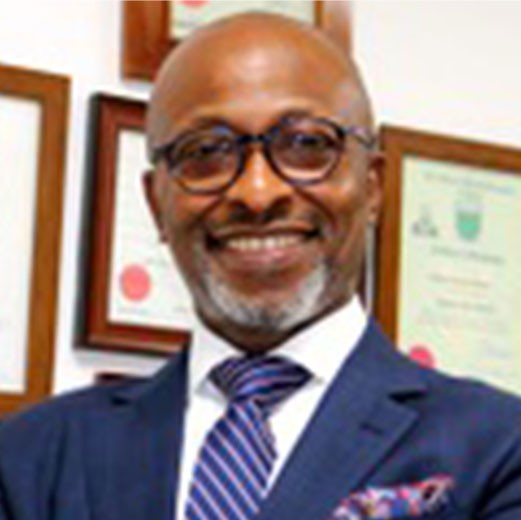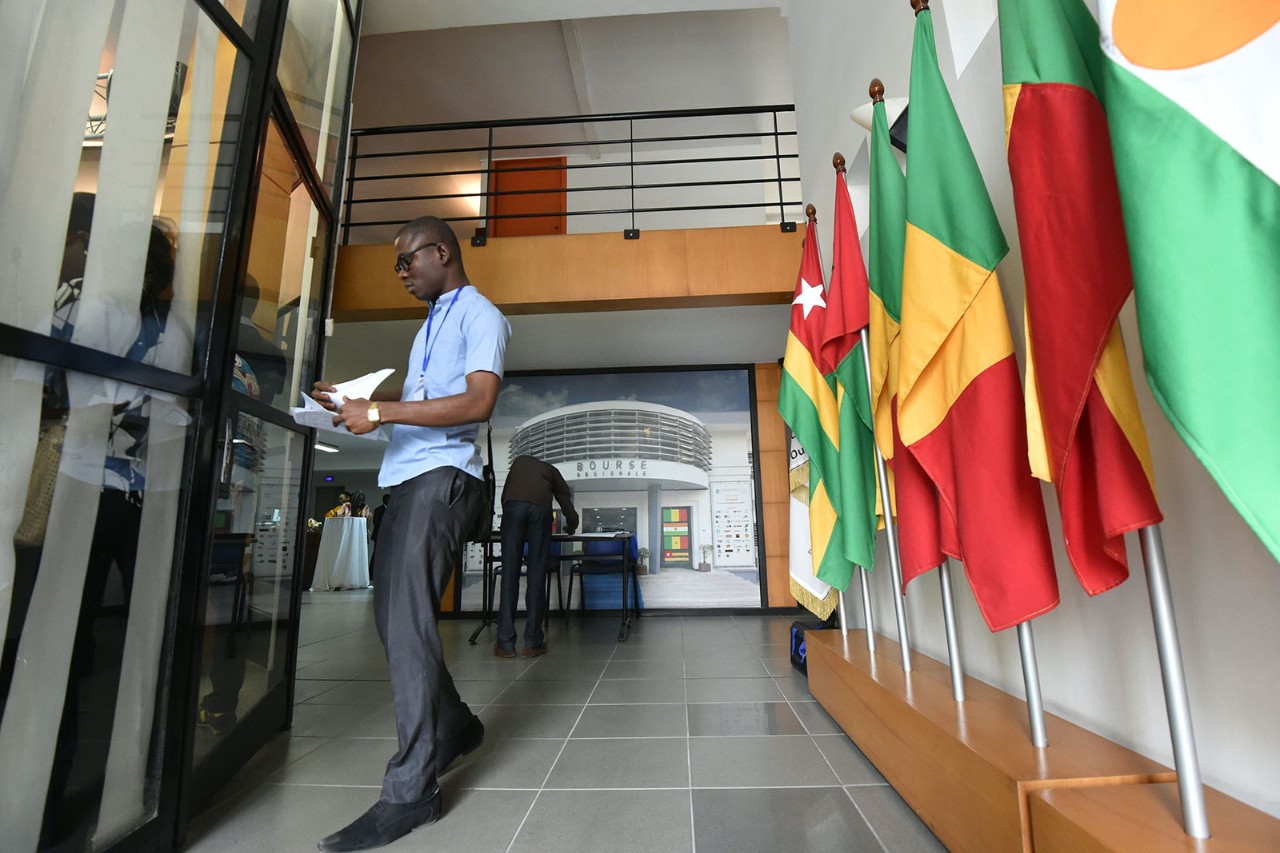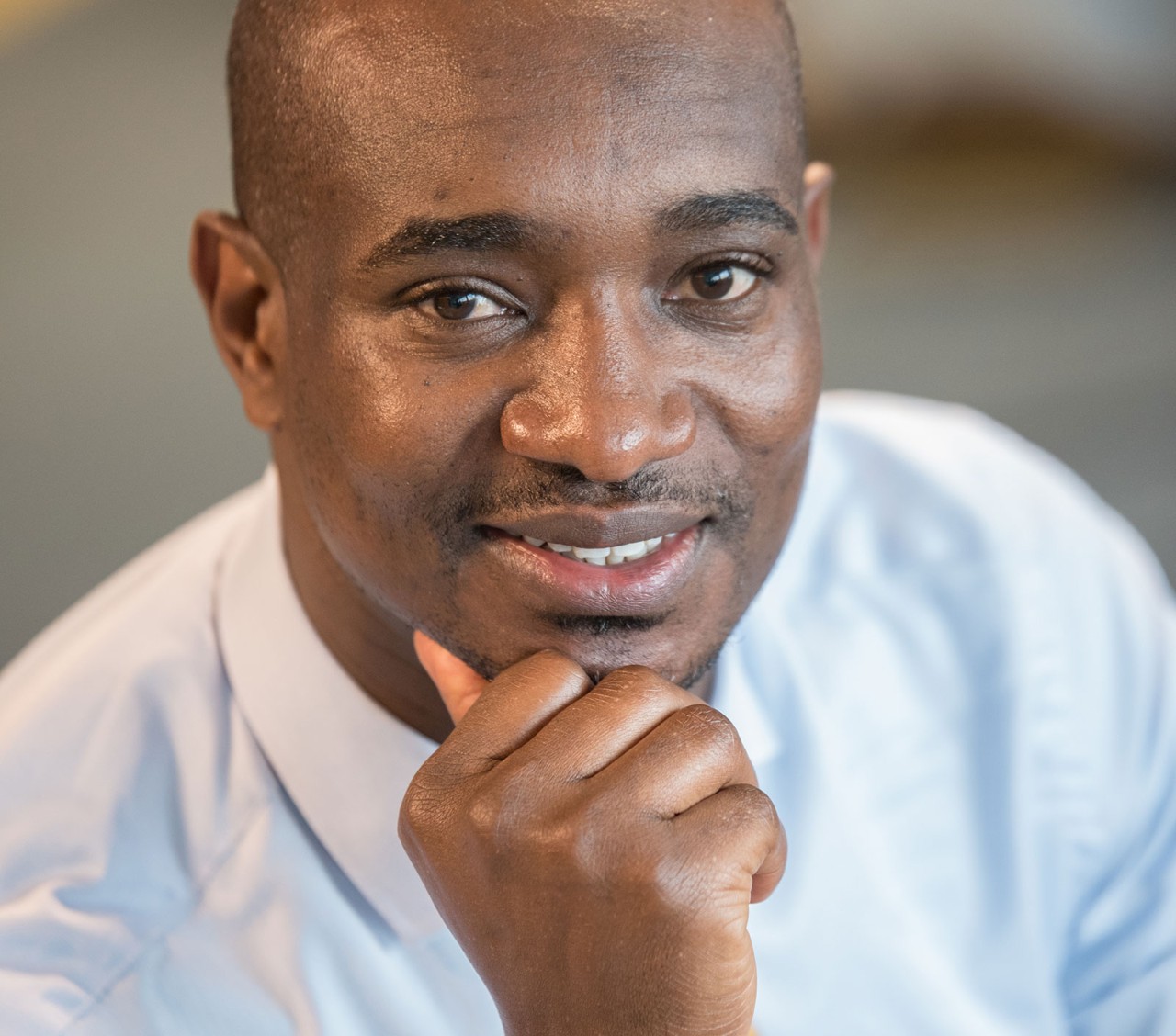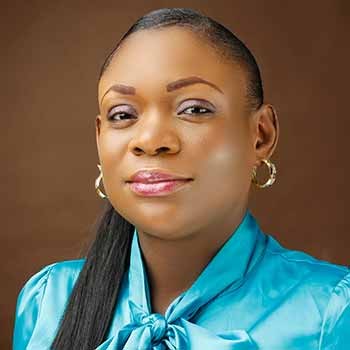
Once you have completed your ACCA studies and fulfilled any obligations to the employer who paid for your training, you may settle for a while into the rhythm of working life. But sooner or later your mind will turn to what’s available in the wider world and where you might move to next. To give you an idea of the alternatives, we explore the career paths of three members in practice roles.
‘We are able to move around lines of business, from financial services to life sciences to telecoms’
Life with the Big Four
Olumide Esan FCCA, tax and regulatory partner at Deloitte in Lagos, Nigeria, first got a taste for working in one of the global accountancy firms when he joined Arthur Andersen in 1999. Back then, the firm formed part of what was a Big Five, rather than today’s Big Four. The collapse of the Andersen worldwide empire in 2002 saw Esan move to KPMG, where he worked on a portfolio of tax clients in the energy, FMCG and financial services sectors.
‘When I joined, I realised I was working with the brightest and the best, those that were top of their class. I thought, wow, these are smart people!’ Esan recalls. But working with international clients such as energy giant Conoco Philips, where he interacted with the local CFO, made him realise he wanted to gain deeper knowledge by working in industry, so he moved in-house, first with Conoco, then with Shell. ‘But I always knew I would want to move back into practice,’ he says.
After 17 years in industry, where he had the chance to work in London for a number of years, he returned to Lagos and the Big Four fold, this time with Deloitte. Esan recognises that working for a Big Four firm is a good stamp to have on the CV, and that there is a certain prestige in it.
‘But most importantly, there are real opportunities to learn and to grow,’ he adds. ‘We have the opportunity to move around lines of business, from financial services to life sciences, to consumer, to telecoms. Even energy has a real breadth, with oil, gas, solar and wind.’
Working with the largest Fortune 500 companies is a great experience, Esan says, although that comes with additional pressures such as long hours and, until recently, the requirement to travel. And while Covid-19 has restricted travelling commitments, it has not necessarily done away with long hours and the risk that professionals ‘live at work’.
‘But it is always possible to talk with your partners,’ Esan says. ‘We can all help each other. We need to make sure that the things that make us do not break us.’
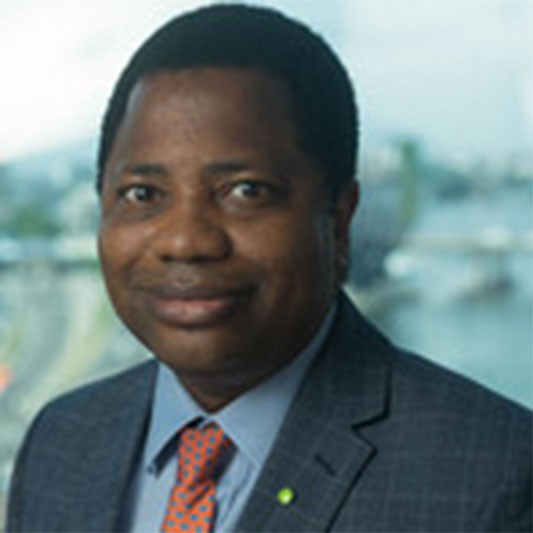
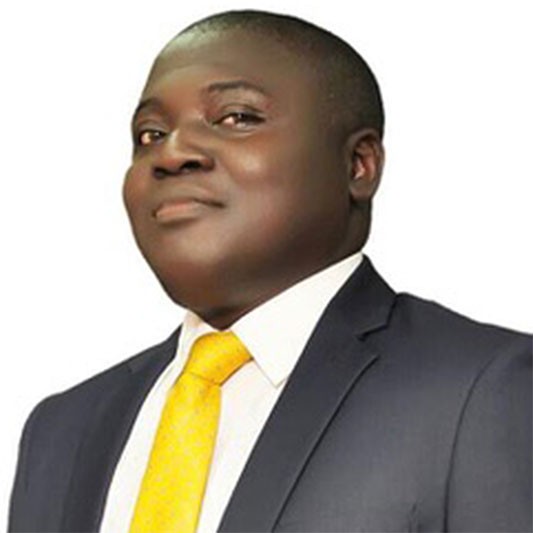
Going it alone
Adeniyi Bamgboye FCCA, managing partner at Empyrean Professional Services (EPS), has followed a different career trajectory. Like Esan, Bamgboye began his professional career working for a Big Four firm – he joined EY in 2010 before working in internal audit at assurance and certification services group Intertek-Moody in Lagos following his graduation from Oxford Brookes University. However, he always knew he wanted to ‘do his own thing’.
‘At EY, I just worked in audit, now I do the lot,’ he says. ‘Running my own firm has given me a crash course and opened up my business development eyes. I could be working on tax today, and then tomorrow as an auditor.’
Despite this, Bamgboye says that he still has time to think: ‘My job is more strategy now, and I can go out to look for new clients.’
At EPS, he runs a team of eight providing accountancy, audit, tax and financial advisory services. ‘Some clients are big but mostly they are small businesses and individuals. As we grow, there will be requirements for more people, and we can offer them exposure to so many different things.’
He says there has been no trouble in attracting applicants to train with the firm, which is a small one, but accepts they might not necessarily stay with EPS for the long term. ‘One of my seniors is a trainee who was promoted, but I know the only constant is change. Even if I employed my own son, I know he would probably leave.’
Man in the middle
Femi Wright FCCA is another former Big Four employee (PwC in his case), but he says he learnt more about running a medium-sized practice when he was with Wilson Wright, an accountancy firm in London. Now the managing partner of Wyze Associates, which he set up in 2009, he focuses on offering a full accountancy, tax and financial outsourcing service to SMEs, with offices in Lagos and Abuja. With three partners and more than 80 staff, Wright and his team look after some 200 clients, and he has his sights set on becoming a top 10 firm in Nigeria.
‘While I was at PwC, I spotted a gp in the market: there were international companies and indigenous firms that wanted high-quality professional services but didn’t want to break the bank,’ he says. ‘Back in 2006, we had the Big Four and other such firms, but not many indigenous firms. From my experience in the UK, I knew that even a top 300 firm could be a good firm.’
However, he also knew that attracting and retaining employees would be a challenge. ‘I needed top-quality professionals to build the firm, so I decided to develop them organically. Through good training and development, I could take rough diamonds and polish them, and then they would begin to shine.’
Suit yourself
So, what are the differences between small, medium and larger practices? All have their advantages, and even the disadvantages can often be repurposed as opportunities.
For Wright, it is the dynamism that he enjoys the most. ‘SMEs make up 96% of all businesses, 84% of the workforce and 48% of our GDP in Nigeria. There are more than enough businesses to serve, and this high volume means there is more dynamism. No two clients are the same, no two years are the same,’ he says. ‘We are not restricted to one industry, so you can spread your wings and work on different clients. You can feel more fulfilled, more hands-on.’
And yet Esan speaks for similar aspects of his work at Deloitte. As well as the breadth of industries and specialisms available, he has been able to develop a deep knowledge in certain areas. ‘Partners are able to switch roles,’ he says.
As for Bamgboye, running his own practice has given him the opportunity to develop himself. ‘We are exposed to so many different things,’ he says. ‘It’s endlessly interesting.’
